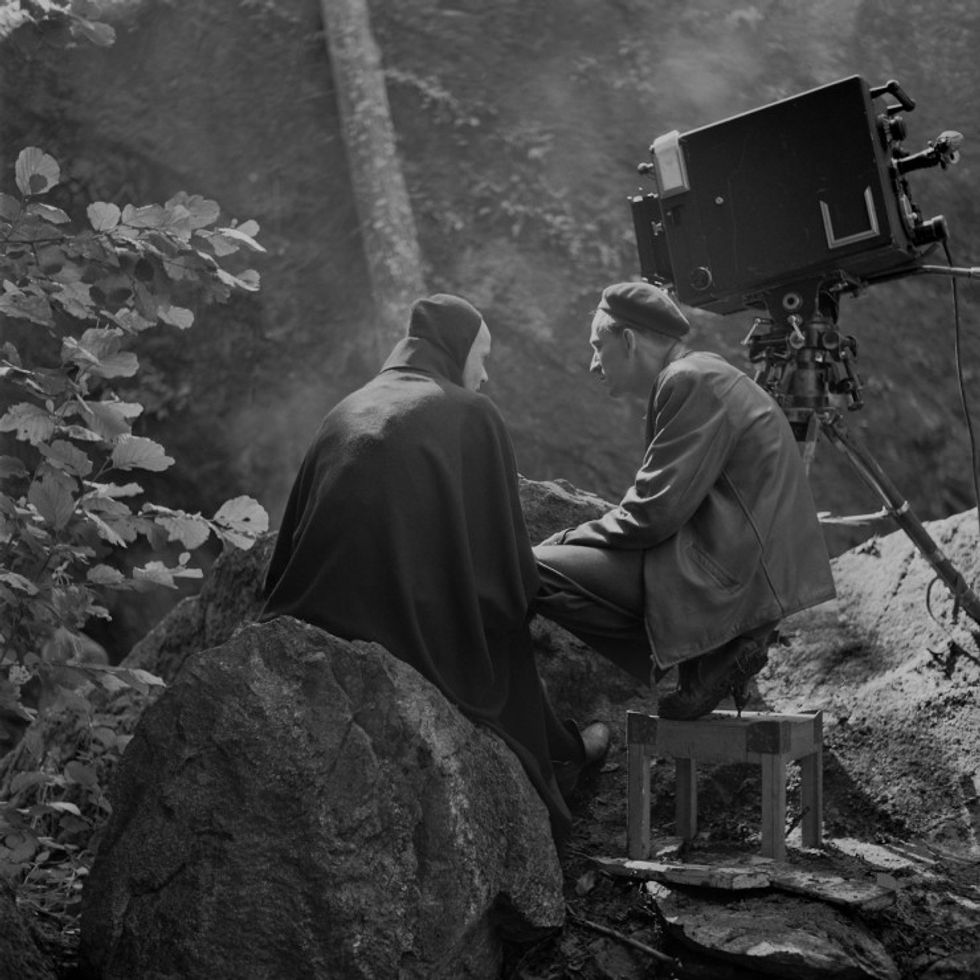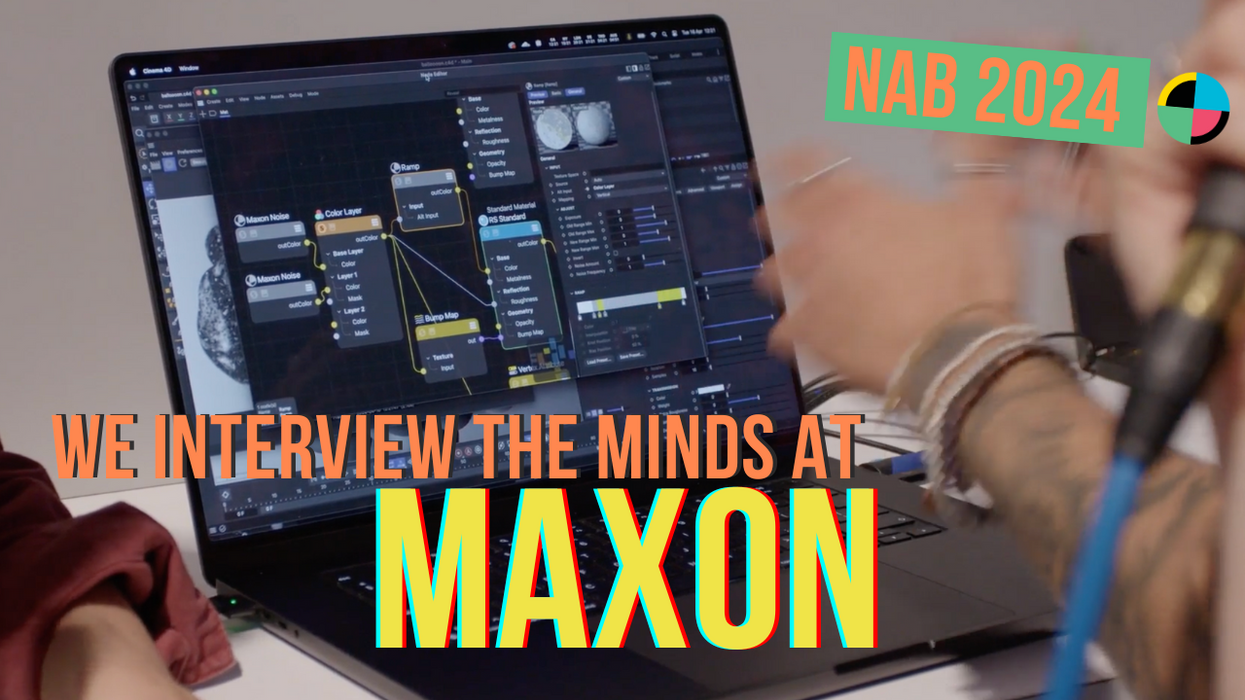'I Have to Trust My Intuition': A 40-Minute Chat Between Ingmar Bergman & AFI Film Students

This conversation with the students of the American Film Institute, also printed in the book, Ingmar Bergman: Interviews, features the Swedish director answering questions about his process as a filmmaker. Though he worked in many forms and genres, from the cold and artful beauty of Persona to the realism and warmth of Fanny and Alexander, he was a man with definite opinions on the craft of directing. From his thoughts on working with actors:
An actor is always, always, a creative human being, and what your intuition has to find out, is how to make free the -- power, the creative power in the actor or the actress -- I can't explain how it works. It has nothing to do with magic. It has a lot to do with experience. I think that when I work with the actors, I try to be like a radar; I try to be wide open, because we have to create something together --
To the rule of intuition in the creative process:
All those decisions, all those very, very difficult decisions, you have to make hundreds of them every day. I never think. I never have. It's never an intellectual process; it's intuition. I have to go straight into it and I have to trust my intuition, because if you trust your intuition and train your intuition and start to make intellectual discussions with your intuition, you'll make the right things. Afterwards, afterwards, you can think it over.
And, for a man whose films could be filled with hypnotic and symbolic images (many captured in the inimitable black and white of his longtime collaborator, cinematographer Sven Nykvist) that have been analyzed for decades, his views on the "meaning" of his work might come as a surprise to some:
In a way you know, I don't know anything about message or symbols or things like that. I am always very surprised that people ask me about things like message, because I have just wanted to get in touch with other human beings when I make a picture and tell them a story, or just, to be together, or to touch them, and have them to feel them. Sometimes, when I have a message, everything goes wrong.
It's wonderful to hear such a titan of cinema being so warm and open with these students. Bergman seems to espouse a method that is a sort of rigorous freedom, a set of working conditions that allow the magic of a moment, that most elusive element, to manifest, and thus be captured on film. To hear a master speak so candidly about their craft is a real (and a rare) treat, and we would all be wise to listen to what he has to say.
[via Cinephilia and Beyond]













